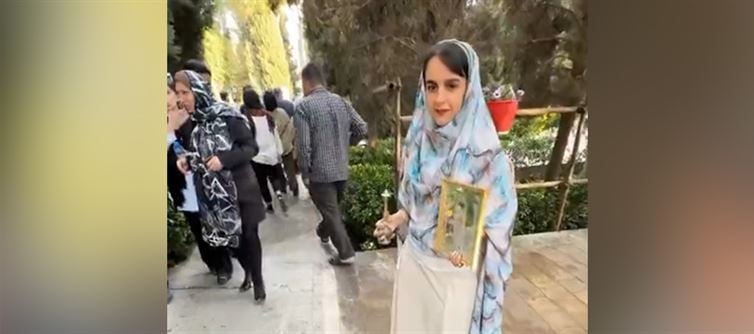
Parallel to this religious retreat is a remarkable resurgence of interest in Zoroastrianism, the ancient pre-Islamic religion of Persia. Once nearly extinct under the Islamic Republic’s hegemony, Zoroastrian temples are seeing a surge in visitors and adherents who are reconnecting with their cultural and spiritual roots. This revival is more than just religious—it is deeply nationalistic and symbolic. Many Iranians perceive Zoroastrianism as a purer, more indigenous belief system untainted by foreign conquest or political manipulation. The popularity of Zoroastrian values like truthfulness, respect for nature, and individual responsibility resonates strongly with a generation searching for identity, dignity, and agency in the face of authoritarian control.
This religious realignment has profound cultural and political implications. The decline of mosque attendance and the revival of Zoroastrianism highlight a broader trend of secularization and cultural reawakening within Iranian society. It signals a grassroots pushback against the clerical establishment and hints at a population ready for ideological reform and greater personal freedoms. While this shift does not necessarily mean mass conversions, it reflects a symbolic rebellion against the dominance of political islam and a yearning to reclaim an Iranian identity rooted in a more inclusive and tolerant spiritual tradition.




 click and follow Indiaherald WhatsApp channel
click and follow Indiaherald WhatsApp channel